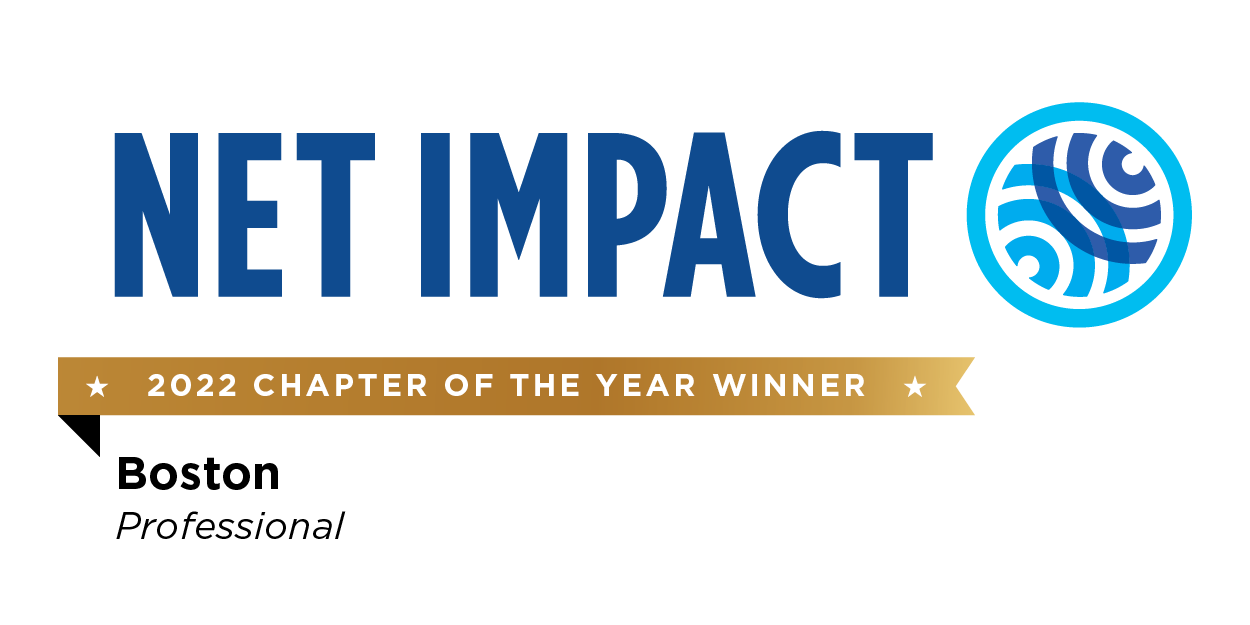Have you ever felt dumb not knowing something you thought you should?
I have a distinct memory of this in high school: I was sitting at the lunch table with some friends and someone brought up the war in Iraq. They asked, “Why are we in Iraq anyway?” My other friend smirked, “You don’t know?” and that ended the conversation. But the thing is, I didn’t know either. I felt embarrassed and decided to do what many others do when they don’t know the answer – I kept my mouth shut. And that’s how I made it through pretty much all conversations about issues I didn’t know much about. I didn’t ask questions, I kept quiet.
I think that experience was the start of my journey in creating the organization Civic Series.
“Whatever civic education young people may get through school ends once they graduate, leaving young (and not so young) adults without guidance on how to understand and navigate complex issues”
Let’s fast forward to the 2008 elections. I decided it was time to end my ignorance and I spent a few days working to educate myself on the War in Afghanistan, which was as hot of a topic then as it is now. I started with Wikipedia – it was so intricate and complicated! I went to online forums – too opinionated! I looked at books – too long and specific! And news articles assumed I had background knowledge already. At the time, there was nowhere I could go to get a clear and concise answer for what was going on in Afghanistan, let alone get my questions answered by someone I trusted.
Over time, I realized other people felt this way too.
There’s a common misconception that people, especially young adults, are apathetic to what’s going on in our country and around the world. Over the last ten years and hundreds of conversations with young people, it’s become clear to me that they are rarely apathetic. Young people are curious and interested, but don’t have the time or energy to understand the main complex national and world issues we’re facing today.
The world is a tricky place. But whatever civic education young people may get through school ends once they graduate, leaving young (and not so young) adults without guidance on how to understand and navigate complex issues they hear about on the news: climate change, healthcare policy, blockchain, the Ukraine-Russia war, and dozens of others.
How can we be expected to be thoughtful and active citizens if we don’t even understand what’s happening in the world and why? If we have nowhere to go to ask our questions and discuss these issues with other people?
I thought, if only I could just sit down with an expert I trusted, have them explain to me what’s going on (without trying to convince me what to think), and ask them all my dumb questions.
It was from this wish that the Civic Series was born.
Starting as a small monthly gathering in Boston, Civic Series is now a 501c3 charitable organization that has operated an international network of volunteers, and now a Fellowship program, who have run about sixty events in six cities across North America and online during the pandemic. We’ve welcomed guest experts from prestigious universities, such as MIT and Harvard University, who offer their time pro bono to explain complicated world events. Our experts spend about thirty minutes giving a basic background of the issue in discussion, with the bulk of the event focused on answering attendees’ questions. Ice breakers and breakout groups allow participants to do more than just listen; they can develop their own thinking by discussing the topic with others.
We have a rule at Civic Series: “There’s no such thing as a dumb question.” That’s because it’s our fear of looking stupid that can prevent us from feeling connected to and understanding this difficult world that we live in. I’ve stopped remaining quiet, and instead I ask questions. My hope is to open the door for everyone to do the same.
Civic Series was founded in 2014 by Laur Hesse Fisher (a sustainability professional from MIT with a passion about issue literacy and productive civic dialogue) to increase our ability to understand and talk about complex current events and political issues, no matter our political affiliation. By day, she works for the MIT Environmental Solutions Initiative, where she works to expand MIT’s public engagement on climate change across political lines.




